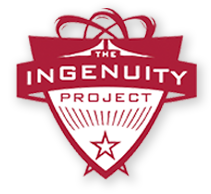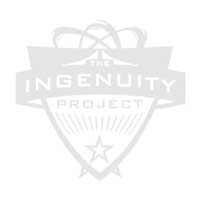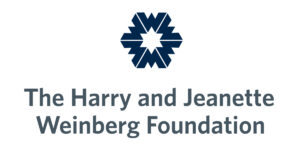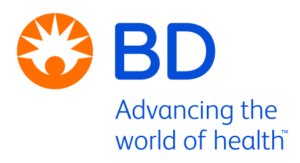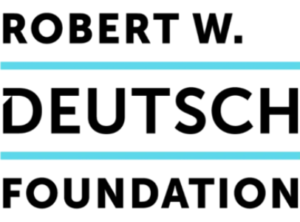

JULY 12, 2017
Duncan Parke has been spending his summer vacations working. The Baltimore Polytechnic High School senior has been busy with a project headed by ECE Chair and Professor Dr. Ralph Etienne-Cummings. This summer he is working on improving a portable ECG recording device that will be used to detect heart arrhythmias. The monitor will allow medical professionals to remotely oversee patients and keep track of their heartbeats to determine the presence of the 7 most common cardiac arrhythmias. The goal is to make the monitor a true wearable that won’t interfere with daily life. Duncan is currently focusing on making a 3-D printed case for the monitor that will utilize dry electrodes that won’t need to be changed from use to use. Standardizing the wearable to fit all body types is another central design principle for the project, maximizing the audience for the device.
Despite no previous experience, Duncan was introduced to electrical and computer engineering through Professor James West, when searching for mentorship as a part of the Ingenuity Project’s research practicum. The Ingenuity Project, started in 1993, has been helping Baltimore City Public School System students become more involved in STEM subjects and related fields. With middle school and high school programs, the Ingenuity Project caters to the top students in the Baltimore school system. Students in the high school program take part in fast-paced mathematics and science courses, but more alluringly, participate in off-campus research with neighboring institutions, and enter their research into local and national science competitions. During the school year, Duncan is able to work in the lab a few times a week, leaving school around 12:45 pm and working on the Homewood campus until 5 pm. Over the summer months, he works closer to 40 hours per week.
As a senior this coming school year, Duncan has been looking beyond the Ingenuity Project and his time at Hopkins, toward college and future research. He would like to attend a top tier engineering school and focus on neuromorphic engineering, a field which models the brain with analog circuits for signal processing. Though he wants to work in the private sector initially, he thinks he’ll later end up in academia. “No reason to pursue knowledge if you have no desire to share it”, said Duncan; spoken like a true engineer.
